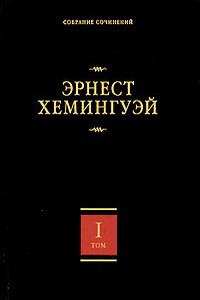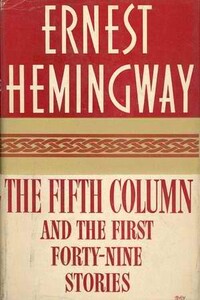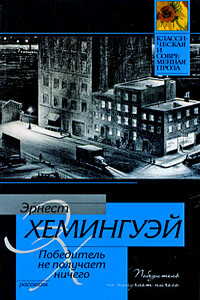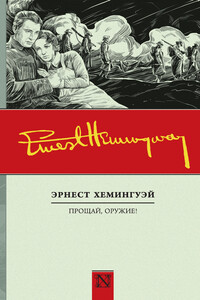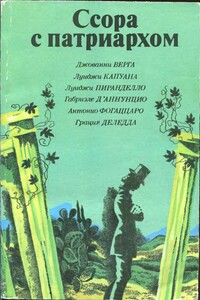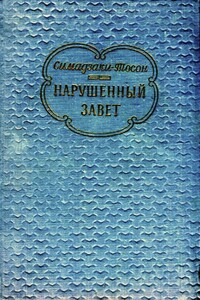|
| But he had followed the discourse and, at the end, when the Lieutenant Colonel d'Annunzio, writer and national hero, certified and true if you must have heroes, and the Colonel did not believe in heroes, asked for a moment of silence for our glorious dead, he had stood stiffly at attention. | Он слушал речь и в конце, когда подполковник д'Аннунцио, писатель и национальный герой, очевидный и патентованный, раз уж нужны герои - а полковник в героев не верил, - попросил минуту помолчать в память о павших героях, лейтенант покорно вытянулся. |
| But his platoon, who had not followed the speech, there being no loud speakers then, and they being slightly out of hearing of the orator, responded, as one man, at the pause for the moment of silence for our glorious dead, with a solid and ringing ''Evviva d' Annunzio.'' | Но взвод его, который не слышал речи, потому что тогда еще не было громкоговорителей, а ветер относил слова оратора в сторону, как только наступило молчание в честь павших героев, единодушно и раскатисто рявкнул: "Evviva d'Annunzio!" |
| They had been addressed before by d'Annunzio after victories, and before defeats, and they knew what they should shout if there was any pause by an orator. | Д'Аннунцио не раз поздравлял их с победами и взывал к ним перед поражениями, и они знали, что им кричать, когда оратор делает паузу. |
| The Colonel, being then a lieutenant, and loving his platoon, had joined with them and uttered, with the tone of command, ''Evviva d'Annunzio,'' thus absolving all those who had not listened to the discourse, speech, or harangue, and attempting, in the small way a lieutenant can attempt anything, except to hold an indefensible position, or intelligently direct his own part in an attack, to share their guilt. | Полковник, который тогда был лейтенантом и любил свой взвод, крикнул вместе с ними, словно отдавая команду: "Evviva d'Annunzio!" - тем самым выгораживая тех, кто не слышал этого призыва или речи, и пытаясь скромно, как и положено лейтенанту (если только речь не идет о защите безнадежной позиции или инициативы в бою), разделить с ними вину. |


